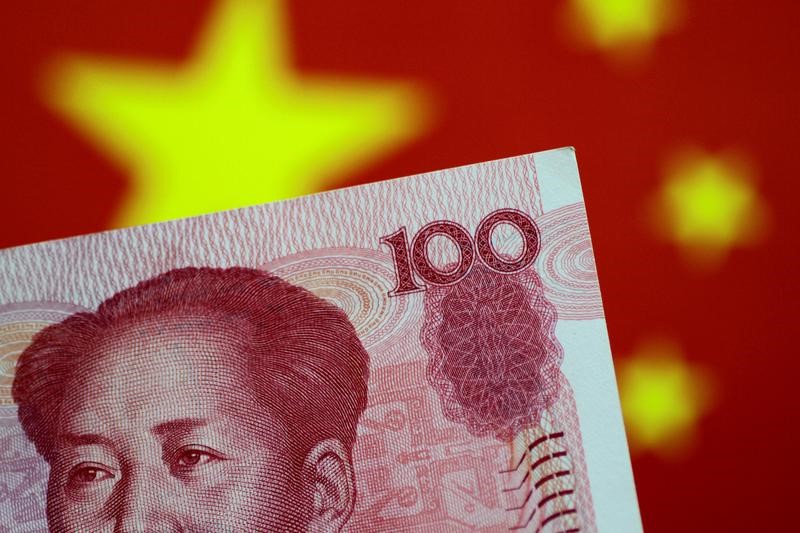Beamr video compression achieves up to 50% improvement for AVs
(New throughout)
By Kate Duguid
NEW YORK, Jan 27 (Reuters) - The U.S. dollar index, the
Japanese yen and the Swiss franc strengthened on Monday, while
the offshore yuan tumbled and the Australian dollar notched a
four-month low as fears about the spread of the coronavirus in
China pushed investors into safe-haven assets.
Health authorities around the world are working to control
the coronavirus outbreak that has killed 81 people in China,
stranded tens of millions during the biggest holiday of the year
and rattled global markets. Investors are worried about the
impact on travel, tourism and broader economic activity.
"Markets are all coughing and wheezing with the virus," said
Shaun Osborne, chief foreign exchange strategist at Scotia
Capital.
"You look at the price action across markets generally and
it has been a day of outperformance for safe-havens. Markets are
concerned that this is another SARS-like episode that could
dampen the global economy to some extent."
While safe-haven assets have strengthened, currency moves
were limited. The yen JPY= was the main beneficiary, up 0.35%
to 108.89, although it remained well below the peak hit on Jan.
8. The dollar index .DXY was up 0.09%, last at 97.941. The
Swiss franc CHF= was up 0.18% to 0.969 per dollar.
The possibility of a rapid turnaround in the event the virus
is contained explains the relatively muted move in the dollar,
said Juan Perez, senior foreign exchange trader and strategist,
Tempus Inc.
"We do think the dollar this week, if nothing improves, will
continue on this strong run. But of course, anything at any
moment can change if the headlines do turn."
The offshore yuan shed as much as 0.9% to 6.99 per dollar
CNH= , its weakest since Dec. 30.
The yuan has gone into a tailspin since it rallied to a
5-1/2-month high earlier in January. The dollar has gained more
than 2% versus the Chinese currency since last Monday.
The Australian dollar, which is exposed to the Chinese
economy, was last down 1.01% to $0.676 AUD= , having hit its
lowest since Oct. 16 earlier in the session.
Traders said low liquidity helped exacerbate market moves.
Financial markets in China, Hong Kong, Singapore and Australia
are closed for holidays.
The euro fell to a two-month low against the yen of 119.92
yen EURJPY= and was last 0.38% lower on the day to 119.97.
